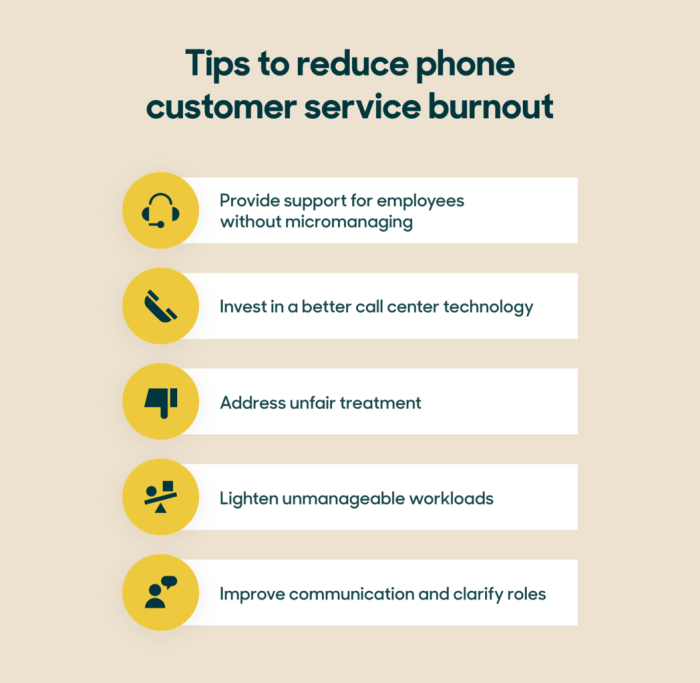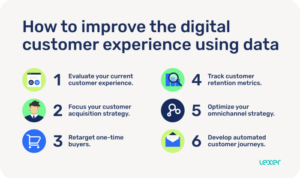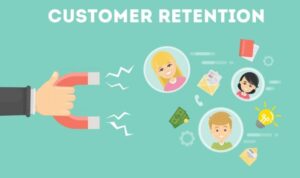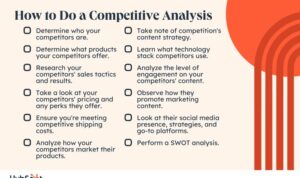Customer Success Tips are key to driving growth and loyalty in businesses. From effective strategies to implementing metrics and tools, this guide will take you on a journey to mastering the art of customer success.
Importance of Customer Success: Customer Success Tips
Customer success is crucial for business growth as it focuses on ensuring that customers achieve their desired outcomes while using a product or service. By prioritizing customer success, businesses can increase customer retention, drive customer loyalty, and ultimately boost revenue.
Examples of Companies Excelling in Customer Success
- 1. Salesforce: Known for its customer-centric approach, Salesforce provides extensive training and support to help customers maximize the value of their platform.
- 2. Amazon: Amazon excels in customer success by offering a seamless shopping experience, personalized recommendations, and exceptional customer service.
- 3. HubSpot: HubSpot’s customer success team goes above and beyond to ensure that customers are fully utilizing their marketing and sales tools to achieve their business goals.
Impact of Customer Success on Customer Retention and Loyalty
Customer success plays a significant role in customer retention and loyalty. When customers feel supported and achieve success with a product or service, they are more likely to continue using it and recommend it to others. By focusing on customer success, businesses can build long-lasting relationships with their customers and create brand advocates who promote their products or services.
Key Strategies for Effective Customer Success
Effective customer success programs require key strategies to ensure customer satisfaction and loyalty. By focusing on personalized interactions and leveraging customer feedback, businesses can improve their success rates and build long-lasting relationships with their customers.
Role of Personalized Customer Interactions
Personalized customer interactions play a crucial role in ensuring success. By tailoring communication and support to meet the specific needs and preferences of each customer, businesses can foster a deeper connection and increase customer satisfaction. Providing personalized solutions can help address customer concerns more effectively and build trust in the brand.
Leveraging Customer Feedback
Customer feedback is a valuable source of information for improving success rates. By actively listening to customer feedback and implementing changes based on their suggestions, businesses can enhance their products and services to better meet customer needs. Utilizing customer feedback not only shows that the business values their input but also helps in creating a customer-centric approach that drives long-term success.
Implementing Customer Success Metrics

Customer success metrics are crucial for tracking and improving the overall customer experience. By identifying key metrics, tracking and analyzing customer success data effectively, companies can drive better outcomes and foster long-term relationships with their customers. Let’s dive into the important aspects of implementing customer success metrics.
Identifying Important Metrics
- Customer Satisfaction Score (CSAT): Measures how satisfied customers are with a product or service.
- Net Promoter Score (NPS): Indicates customer loyalty and likelihood to recommend the product or service to others.
- Customer Churn Rate: Measures the percentage of customers who stop using a product or service over a specific period.
Tracking and Analyzing Customer Success Data
- Utilize a customer relationship management (CRM) system to track customer interactions, feedback, and engagement.
- Analyze customer data to identify trends, pain points, and opportunities for improvement.
- Regularly review and update customer success metrics based on evolving customer needs and market trends.
Examples of Successful Companies Using Metrics
- Amazon: Utilizes customer feedback and reviews to continuously improve product offerings and customer experience.
- Salesforce: Tracks customer engagement metrics to personalize interactions and drive customer satisfaction.
- Zappos: Measures customer loyalty through repeat purchases and customer service interactions to ensure long-term success.
Customer Success Tools and Technologies

Customer success management has evolved with the help of various tools and technologies that streamline processes, enhance customer interactions, and drive business growth. Let’s dive into the latest tools and technologies used in customer success management and explore their benefits.
Customer Success Platforms Comparison
- Customer Relationship Management (CRM) Systems: CRM platforms like Salesforce, HubSpot, and Zendesk provide a centralized database for customer information, allowing teams to track customer interactions and manage relationships effectively.
- Customer Success Software: Platforms such as Gainsight, Totango, and ClientSuccess offer features like customer health scoring, proactive alerts, and customer journey mapping to help teams proactively manage customer relationships.
- Feedback and Survey Tools: Tools like SurveyMonkey, Qualtrics, and Medallia enable businesses to gather feedback, measure customer satisfaction, and identify areas for improvement.
Benefits of Implementing Automation in Customer Success Processes, Customer Success Tips
Automation plays a crucial role in enhancing efficiency, scalability, and consistency in customer success processes. By leveraging automation tools, businesses can:
- Improve Response Time: Automated workflows can help teams respond to customer queries and issues promptly, enhancing customer satisfaction.
- Personalize Customer Interactions: Automation tools enable businesses to deliver personalized experiences at scale, strengthening customer relationships.
- Identify Upsell Opportunities: Automation can analyze customer data and behavior to identify upsell opportunities, driving revenue growth.





